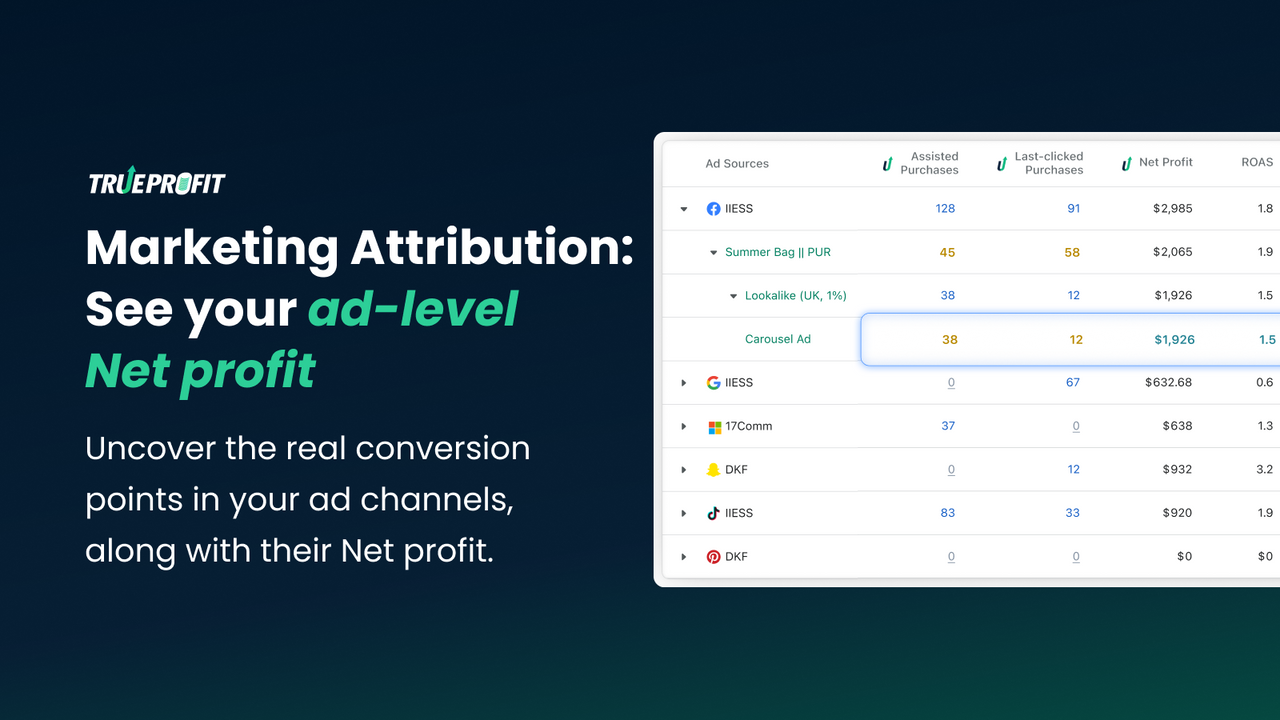Marketing channels are crucial for distributing products and services to reach intended customers effectively. They facilitate consumer access.
The channels play a vital role in delivering value propositions and enhancing brand recognition. By utilizing various channels, companies can interact with customers across multiple touchpoints, increasing engagement and boosting sales. A well-designed marketing channel strategy helps businesses meet customer needs efficiently while maximizing market reach and profitability.
Additionally, understanding different channel options enables businesses to tailor their approach to suit various target demographics. Effective utilization of marketing channels can drive brand visibility, create brand loyalty, and ultimately lead to business growth and success.
Definition Of Marketing Channels
Marketing channels refer to the pathways through which goods and services move from the producer to the consumer. The key components of marketing channels include producers, intermediaries, and consumers. Intermediaries, such as wholesalers and retailers, play a crucial role in distributing the products to the end users. Marketing channels are essential for reaching a wider audience and delivering products to the right market segment. It allows businesses to establish a presence in various locations, thereby increasing visibility and accessibility. Understanding the importance of marketing channels can help businesses create effective distribution strategies and enhance their overall market reach.

Credit: apps.shopify.com
Types Of Marketing Channels
Marketing channels refer to the various ways through which companies can deliver their products or services to customers. Direct marketing channels involve direct communication and transaction with the customer, such as through a company’s website or physical store. Indirect marketing channels, on the other hand, involve intermediaries such as retailers or wholesalers who help in the distribution of the products to the end customers.
Advantages Of Direct Marketing Channels
Direct marketing channels provide several advantages for businesses:
- Control over the marketing process: Businesses have complete control over the marketing process when using direct marketing channels. They can choose their target audience, create personalized messages, and deliver them through the channel of their choice.
- Direct communication with customers: Direct marketing channels allow businesses to establish direct communication with their customers. This enables them to understand customer needs and preferences more effectively, build strong relationships, and gather valuable feedback for improving their products or services.
- Cost-effective: Direct marketing channels often prove to be cost-effective for businesses. They can reach their target audience without intermediaries, which eliminates additional costs involved in traditional marketing channels.
- Measurable results: Direct marketing channels provide businesses with the ability to measure and track the effectiveness of their marketing campaigns. They can analyze customer responses, sales conversions, and other relevant metrics, enabling them to make data-driven decisions and improve future marketing efforts.

Credit: www.chegg.com
Advantages Of Indirect Marketing Channels
Indirect marketing channels offer various advantages, such as widening customer reach, reducing costs, and providing a diverse range of selling options. These channels can help businesses reach their target audience in a more strategic and efficient manner.
| Advantages of Indirect Marketing Channels: | |
| Larger market reach | Access to established distribution networks |
Factors To Consider When Choosing Marketing Channels
When choosing marketing channels, several factors should be taken into account. Firstly, target market characteristics play a crucial role in determining the most effective channels for reaching potential customers. Factors such as age, gender, location, and behavior can heavily influence the choice of marketing channels. Secondly, product characteristics need to be considered. For example, the type of product, its price, and its complexity can impact the suitability of different marketing channels. Understanding these factors helps in making informed decisions about the selection of marketing channels.
:max_bytes(150000):strip_icc()/moores-law-4192714-1-5432709ba34c4a86bc7356f5274946ee.jpg)
Credit: www.investopedia.com
Integration Of Marketing Channels
Integration of Marketing Channels: Creating a seamless customer experience is essential for a successful marketing strategy. By coordinating messaging and promotions across various channels, businesses can reach their target audience effectively. This integration helps in providing a consistent brand experience, leading to increased customer satisfaction and loyalty.
Frequently Asked Questions For What Statement Is True About Marketing Channels?
What Are The Channels Of Marketing?
The channels of marketing include social media, email marketing, SEO, PPC advertising, and content marketing.
What Is A Marketing Channel Quizlet?
A marketing channel on Quizlet refers to how businesses distribute and sell products to customers.
What Best Describes The Marketing Channel?
Marketing channel refers to the path through which a business promotes and sells its products or services to customers. It involves various methods like advertising, direct sales, online platforms, and distribution networks to reach target audiences effectively.
What Is The Purpose Of Marketing Channels Is To Create ________?
The purpose of marketing channels is to create awareness, facilitate sales, and build relationships with customers.
What Are The Main Marketing Channels Used Today?
Marketing channels include social media, email, SEO, PPC, affiliate marketing, and influencer partnerships.
Conclusion
To summarize, understanding the true nature of marketing channels is crucial for business success. By recognizing that marketing channels are dynamic and customer-centric, businesses can effectively leverage them to reach their target audience, build brand awareness, and drive conversions. The key lies in adapting to changing consumer behaviors, staying updated with emerging channels, and adopting a holistic approach that integrates various channels seamlessly.
By doing so, businesses can maximize their marketing efforts and stay ahead in today’s competitive digital landscape.











